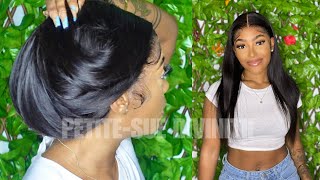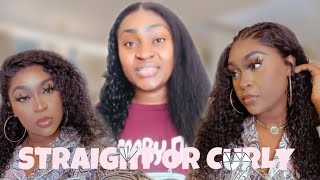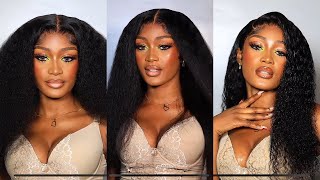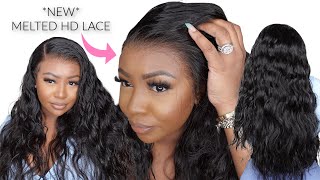Can Washing Your Hair Too Often Be Harmful?
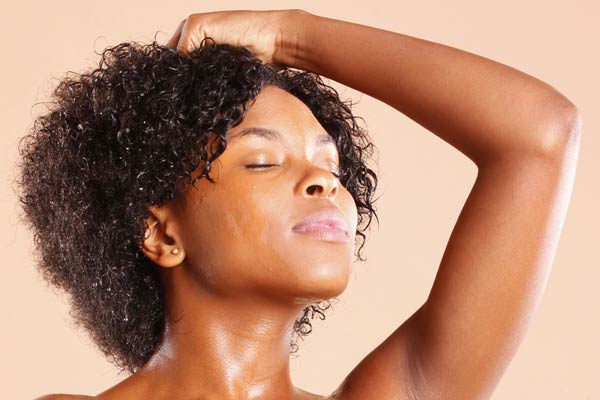
Nothing feels good like a nice clean head of hair especially after a good shampoo and conditioning session. Your hair tends to feel light and fluffy and many of our styles come out best on a clean head of hair.
Even though wash day equals dread for so many, fresh and clean hair is still something that’s considered desirable. But, how do you know if you’re over doing it? Too much of anything is bad, right?
All hair types benefit from water and the moisture it provides, but introducing shampoo into the mix and actually washing your hair, can be overdone.
How Shampoos Perform
Shampoo acts like an exfoliate for your hair. It loosens dirt and traps it. When you rinse out the shampoo, the trapped dirty is also rinsed out. This seems to be what you would ideally want. The thing with shampoo is that it also traps oils in the exact same way that it does dirt. You want to remove excess oils* from your hair, as they weigh the hair down and can cause buildup on your scalp.
Keep in mind, though, that you do not want to remove the natural oils that are produced from the glands on your scalp. Those oils* are known as sebum and they play an important role in your hair’s health.
Sebum coats the strands of your hair from the root to tip. They block out pollutants and can prevent dryness which may lead to breakage. Because sebum is created in the glands that sit at the base of your hair, it must travel the length of your hair in order to provide its protections to the entire strand of hair.
Washing away sebum before it has reached the longer lengths of your hair, can lead to brittle and dry hair as mentioned above.
Are no poo shampoos better?
No poo shampoos are less abrasive in the exfoliating stage, but they still perform essentially the same way as traditional shampoos do. Even though non-sulfate or no poos, are less drying, they can still also be over used.
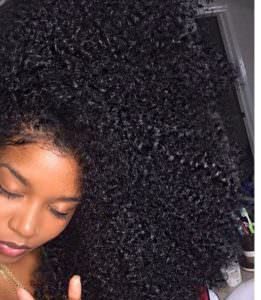
Can you replace moisture after shampooing?
You may be thinking that the solution to the issue of over washing is simply to replace the oils and moisture removed during shampooing. Well, not really. Sebum is mother nature’s natural hair conditioner. What that means for us mere mortals, is that we can get very close, but an exact replica is extremely difficult to create.
Oils* are absolutely replenishing to the hair and should be incorporated into any hair routine. And although that’s the case, applying oils to the hair externally is not the same as allowing sebum to do its intended job.
If you do opt to attempt to replicate mother nature, try jojoba oil*, as it most closely mimics the makeup of sebum produced by the glands on your scalp.
Alternatives to shampoos
There are options available for you if you want to cleanse your hair without stripping it of its natural oils*. You can co-wash or conditioner wash your hair. With this method, you just use conditioner the same way you would use shampoo. The conditioner will trap some of the dirt on the outer layers of the hair and similar to washing with shampoo, the trapped dirt will be rinsed from your hair when you rinse out the conditioner.
Water only washing is also an alternative. It is a method of cleansing the hair which is gaining popularity in the natural hair community. Many naturalistas swear by the method and say they have seen massive improvements in the overall health of their hair as a result.
As the name suggests, no additives are used to cleanse the hair. Rinsing the strands with water and using clean hands to agitate the hair and loosen dirt are as complicated as it gets.
How to determine how often to wash your hair
How often you wash your hair and what method you choose to implement, are both going to come down to personal preferences. The argument can be made for any of the alternative methods mentioned in this article. Just the same, an argument can be made promoting the use of shampoo as the only way to cleanse your hair.
Since there are many variables involved, the choice becomes a case by case matter. Factors such as how much sebum your hair produces, how curly your hair is, whether you are natural or relaxed, the length of your hair… and the list goes on and on.
The determination should be based on the state your scalp is in before and after you shampoo your hair. You want to focus on keeping your scalp free of debris and buildup so that your hair strands are able to sprout from your scalp in the most nourishing environment possible. Sebum or dirt buildup can clog your glands and cause your hair to be limp and hard to manage. Keep in mind your personal preferences and shampoo as you see fit.

